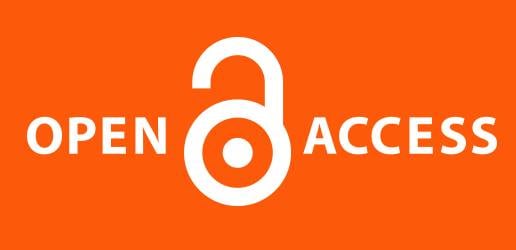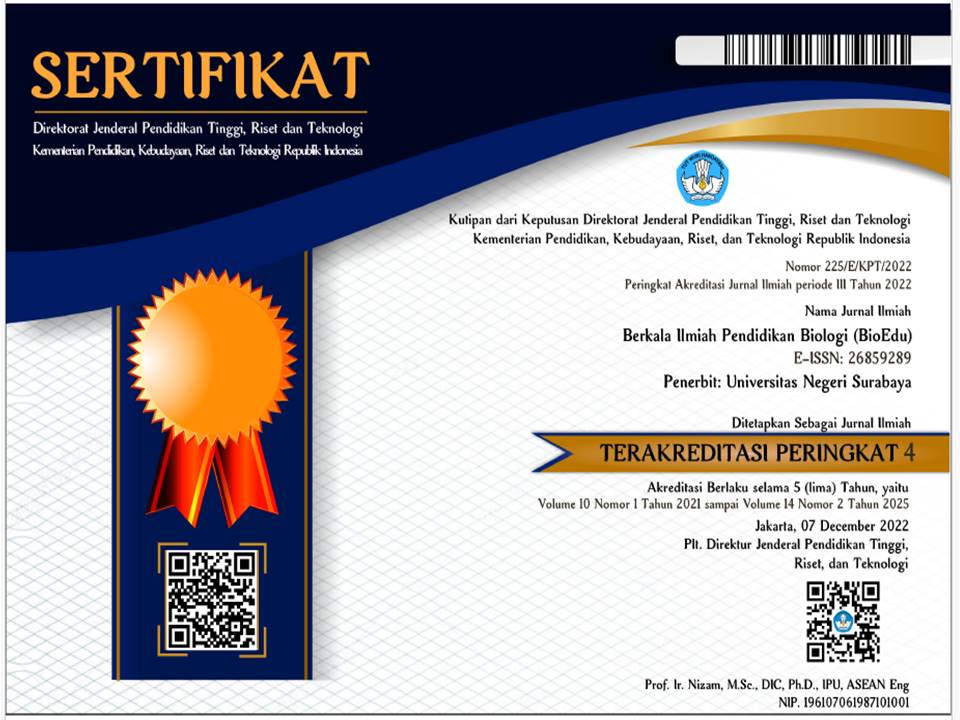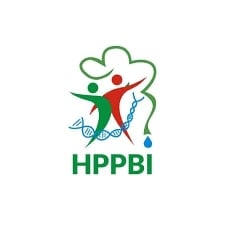The Validity of Student Worksheets Based on Problem-Based Learning in Human Blood Type System Sub Materials to Train Critical Thinking Skill for Senior High School Students
DOI:
https://doi.org/10.26740/bioedu.v9n3.p458-465Downloads
Download data is not yet available.
 Abstract views: 261
,
Abstract views: 261
, PDF Downloads: 261
PDF Downloads: 261













